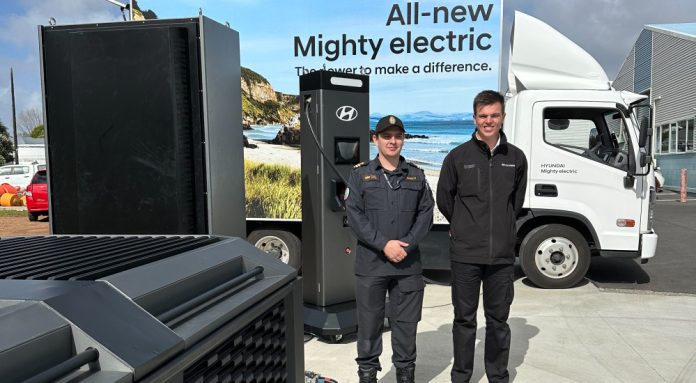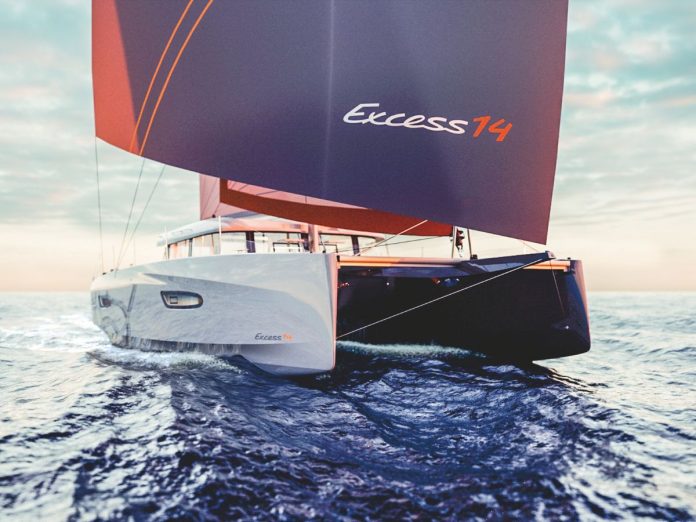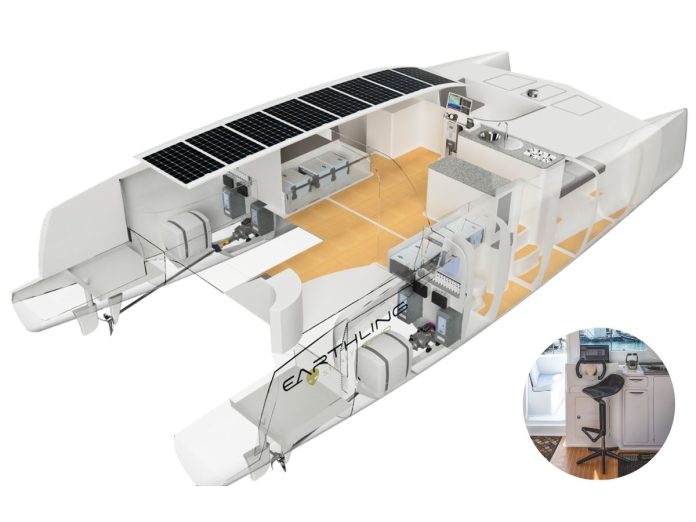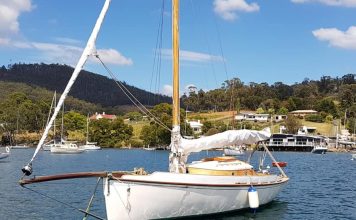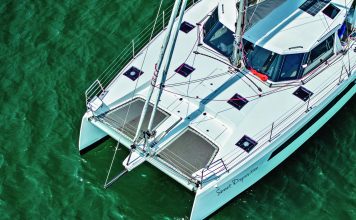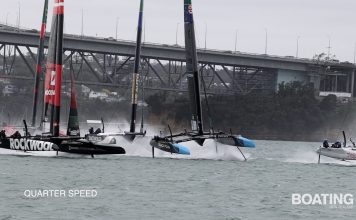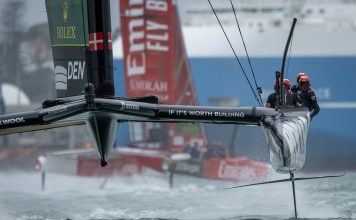Sailing towards sustainability
The RNZN has announced its intent to investigate the viability of hydrogen as a sustainable fuel source for future naval operations. Hydrogen offers a promising alternative to traditional fossil fuels, producing zero emissions when consumed in fuel cells. However, transitioning to hydrogen requires overcoming significant technical and infrastructural challenges.
The study delves into the integration of hydrogen-powered systems into RNZN vessels, focusing on the practicality of refitting existing ships or designing new ones specifically tailored for hydrogen fuel. It also examines the extensive infrastructure needed, such as production facilities and refuelling stations, to support a hydrogen-powered fleet.
Flagship sustainability: HMNZS Aotearoa
RNZN’s HMNZS Aotearoa exemplifies how advanced design can support eco-friendly maritime operations. Commissioned in 2020, this state-of-the-art sustainment vessel employs cutting-edge technologies to minimise environmental impact. Features like the Environship wave-piercing bow and Combined Diesel Electric and Diesel propulsion significantly reduce fuel consumption and emissions, setting the stage for further sustainable innovations.
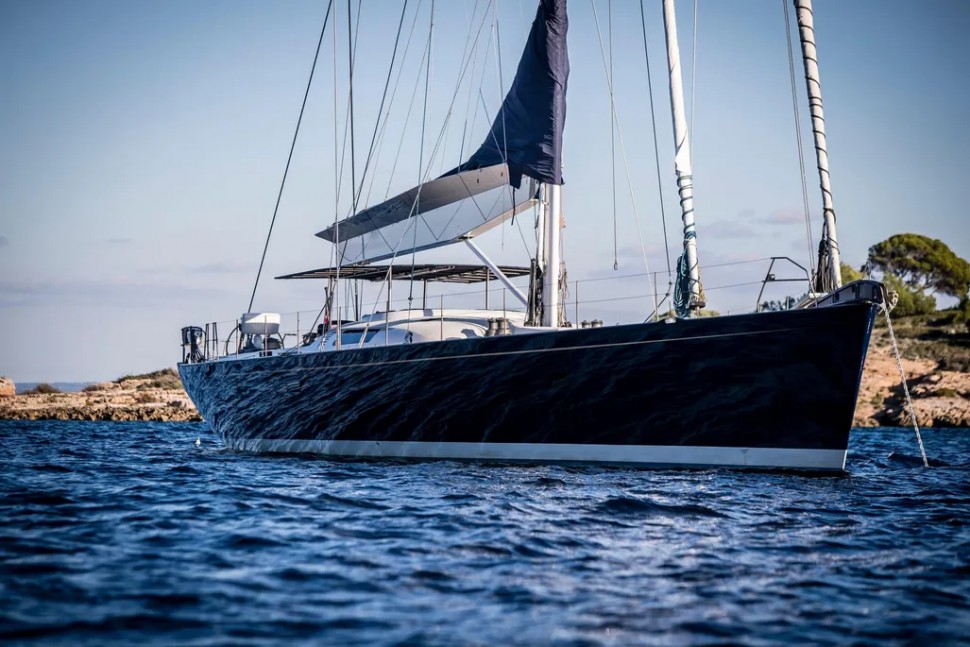
As the largest vessel in RNZN’s history, HMNZS Aotearoa demonstrates that operational capability and environmental stewardship can go hand in hand. Its ability to support global operations while adhering to Polar Code standards highlights the Navy’s readiness for humanitarian missions and environmental challenges in regions like Antarctica.
A global and regional imperative
The RNZN’s exploration of hydrogen aligns with its broader mission to safeguard New Zealand’s maritime interests while addressing global challenges. As climate change accelerates, the Navy recognises the urgency of transitioning to sustainable energy sources, especially for operations in the vulnerable Pacific region.
New Zealand’s commitment to reducing emissions under the Paris Agreement has also spurred interagency and international collaborations. The RNZN’s hydrogen project benefits from partnerships with scientific organisations and maritime researchers, leveraging expertise to navigate the complexities of this transformation.
A visionary future
By considering hydrogen as a fuel source, the RNZN positions itself at the forefront of sustainable naval operations. While the transition to hydrogen-powered ships will take time, the Navy’s proactive approach reflects a long-term commitment to innovation and environmental responsibility.
For New Zealanders, the RNZN’s leadership in this area underscores the country’s dedication to protecting not just its waters but also its planet. As this initiative unfolds, it will serve as a beacon for other maritime organisations striving to balance operational demands with ecological preservation.
As we watch this ambitious vision evolve, one thing is certain: the Royal New Zealand Navy is charting a course towards a cleaner, greener maritime future.








